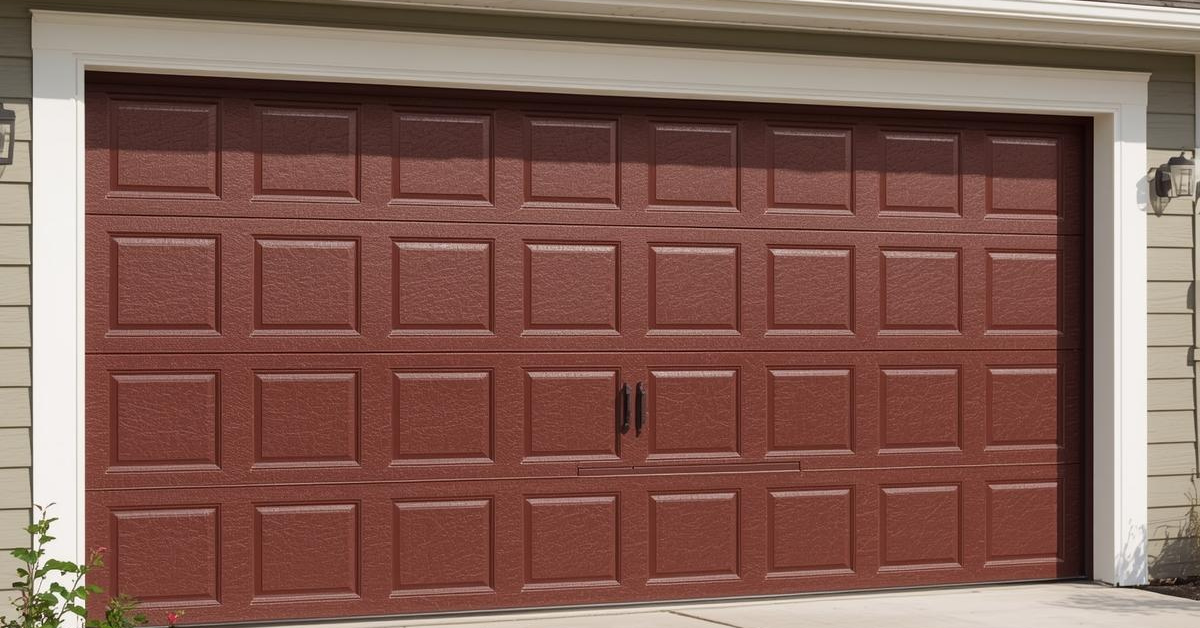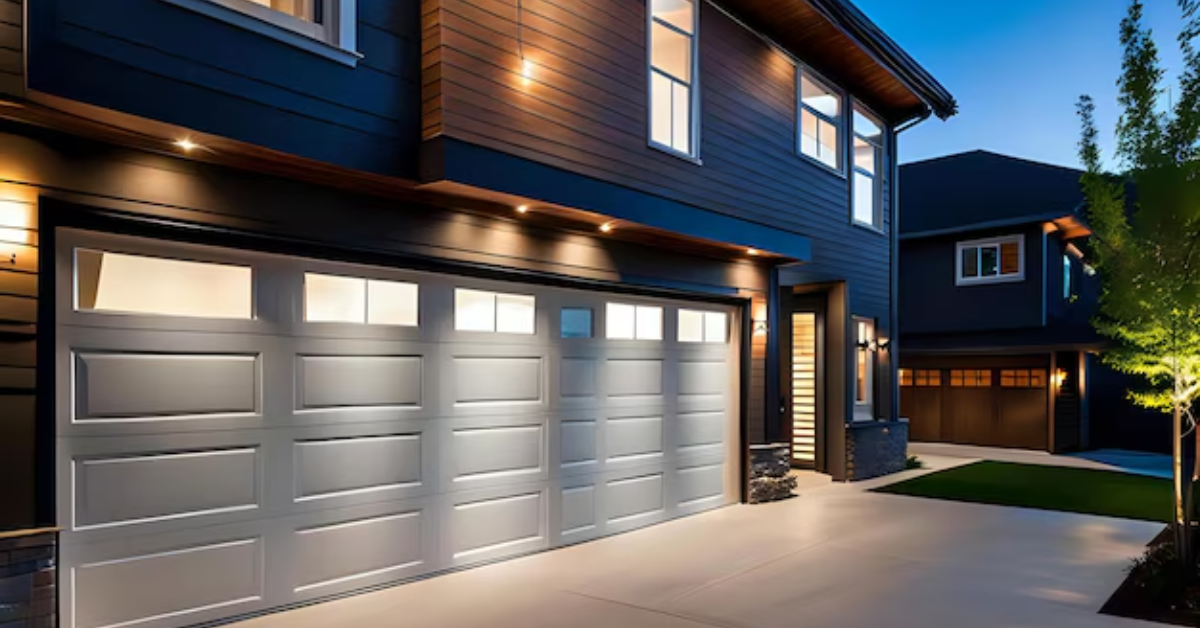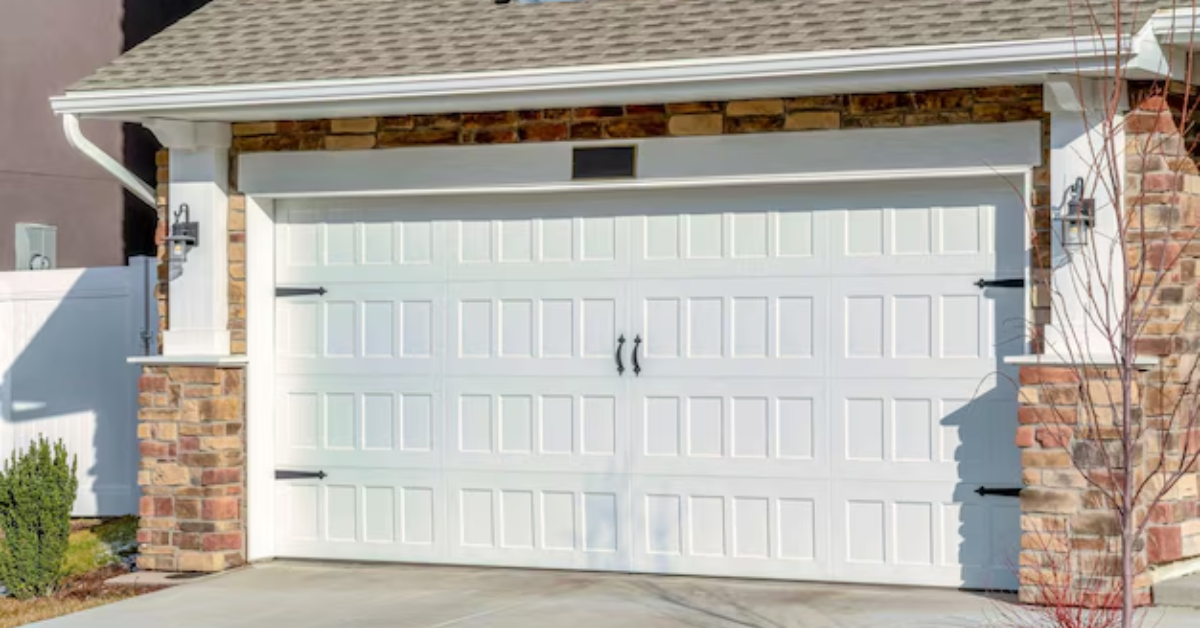How Much To Repair A Garage Door Panel?
When faced with a damaged garage door panel, homeowners often wonder about the cost of repair. The expenses can vary significantly based on the extent of damage, type of panel, labor costs, and other factors. This comprehensive guide will delve into these variables, providing a clear understanding of what to expect when repairing a garage door panel.
Common Causes of Garage Door Panel Damage
Garage door panels can incur damage from various sources:
- Accidental Collisions: Vehicles, bicycles, and other equipment can cause dents and scratches.
- Weather Conditions: Hail, strong winds, and other extreme weather can weaken and damage panels.
- Wear and Tear: Over time, regular use leads to the degradation of materials.
- Improper Handling: Misuse or lack of maintenance can also result in damage.
Identifying the Need for Repair
Recognizing when a garage door panel needs repair is crucial for maintaining the functionality and security of your garage. Key signs include visible damage such as cracks, dents, and warping; operational issues like difficulty in opening or closing the door smoothly; noisy operation, including unusual sounds such as grinding or squeaking; and security concerns arising from gaps or misalignment that compromise security.
Types of Garage Door Panels
Steel Panels: Steel panels are popular due to their durability and cost-effectiveness. They are resistant to weather and require minimal maintenance. However, they can dent under strong impact.
Aluminum Panels: Aluminum panels are lightweight and resistant to rust. They are ideal for coastal areas where humidity is high. Despite their benefits, they are less durable than steel panels and can dent easily.
Wood Panels: Wood panels offer a classic and aesthetic appeal. They can be customized with various finishes and styles. However, they require regular maintenance to protect against rot, warping, and pests.
Fiberglass Panels: Fiberglass panels are durable and resistant to denting and cracking. They are lightweight and can mimic the appearance of wood. Nonetheless, they can become brittle in cold climates.
Assessing the Damage
The cost of repair largely depends on whether the damage is superficial or structural. Minor dents and scratches can often be repaired at a lower cost, while significant structural damage might require panel replacement. Different materials have varying repair complexities and costs. For instance, repairing a wooden panel may involve more steps and higher costs compared to a steel panel. Damage to middle panels may be easier and cheaper to repair than damage to edge panels, which could affect the door's structural integrity.
DIY vs. Professional Repair
Minor damages can often be fixed with DIY methods, such as using a rubber mallet to push out dents or applying filler and paint to cover scratches. However, DIY repairs require some level of skill and the right tools. For significant damage, professional repair is recommended. Professionals have the expertise and tools to ensure that the repair is done correctly and safely. They can also handle complex repairs that DIY enthusiasts might struggle with.
Cost Factors in Garage Door Panel Repair
- Material Costs: The type of material affects the cost. Steel and aluminum panels are generally less expensive than wood or fiberglass panels.
- Labor Costs: Labor costs can vary based on the complexity of the repair and the rates of local service providers. Professional repairs typically range from $100 to $300 per panel.
- Extent of Damage: More extensive damage requires more labor and materials, increasing the overall cost.
- Additional Parts: In some cases, repairing a panel might involve replacing hinges, brackets, or rollers, adding to the total expense.
Average Cost Estimates
- Steel Panels: Repairing a steel panel typically costs between $150 and $350 per panel, depending on the damage extent and labor involved.
- Aluminum Panels: Repair costs for aluminum panels range from $200 to $400 per panel. The lightweight nature of aluminum makes repairs slightly more challenging.
- Wood Panels: Wood panel repairs can cost between $250 and $1000 per panel. The need for custom finishes and treatments can drive up costs.
- Fiberglass Panels: Fiberglass panel repair costs range from $200 to $500 per panel. Their resistance to denting helps keep repair costs moderate.
Insurance Coverage for Garage Door Repairs
Many homeowner’s insurance policies cover garage door repairs caused by accidents, natural disasters, or vandalism. It is essential to review your policy to understand the coverage details and any deductibles involved. Insurance policies vary, so it is crucial to check what is included and excluded in your coverage. For instance, wear and tear might not be covered, whereas accidental damage is.
Benefits of Timely Repair
- Repairing damaged panels ensures that your garage and home remain secure, preventing unauthorized access.
- Maintaining the appearance of your garage door enhances the overall look of your home, boosting curb appeal.
- Addressing damage promptly can prevent more severe issues, reducing the likelihood of costly repairs in the future.
Preventive Maintenance Tips
Conduct regular inspections of your garage door panels to catch any damage early. Look for signs of wear, rust, and misalignment. Keep all moving parts, such as hinges and rollers, well-lubricated to ensure smooth operation and reduce wear. Regularly clean your garage door to remove dirt, debris, and grime that can cause wear and damage over time. Schedule annual maintenance checks with a professional to ensure that your garage door is in optimal condition and to address any potential issues.
Conclusion
Repairing a garage door panel is an essential task for maintaining the functionality, security, and appearance of your garage. By understanding the types of panels, assessing the damage, and considering the costs, homeowners can make informed decisions about repair options. Timely repairs and preventive maintenance can save money and enhance the longevity of your garage door.




